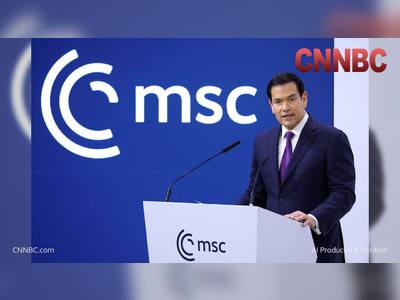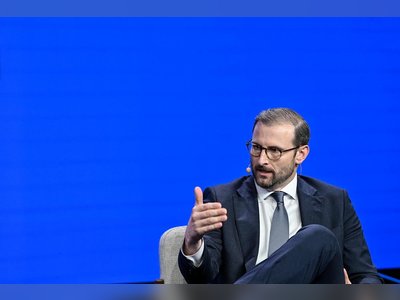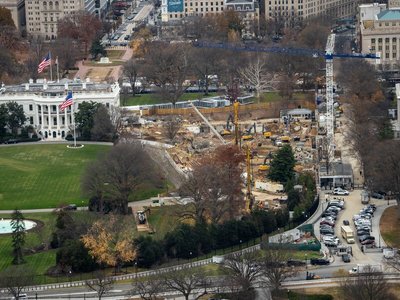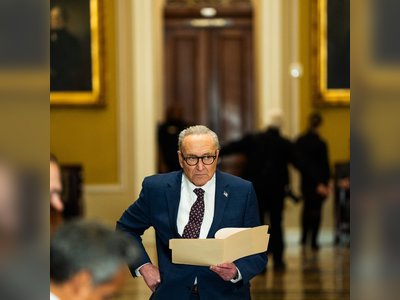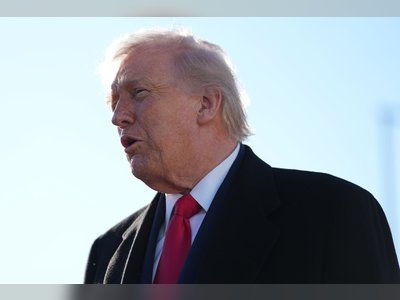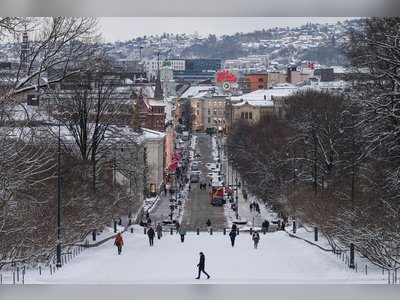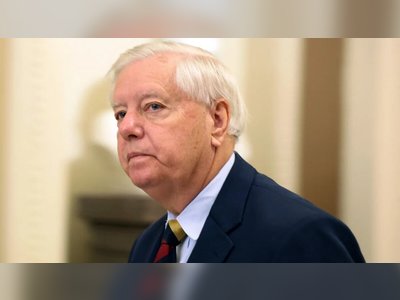France in Flux: A Political Reckoning
The collapse of France's government signals deep fractures within the nation's political landscape and poses challenges for Europe.
The recent toppling of Prime Minister Michel Barnier through a no-confidence vote has left France, and by extension Europe, in a state of uncertainty.
Barnier, now recognized as the shortest-serving prime minister in modern French history, was felled by a rare coalition of both far-left and far-right factions—a striking episode reminiscent of the political upheaval when Georges Pompidou was ousted in nineteen sixty-two.
This event underscores significant fractures within the French political system, pointing to unprecedented shifts in alliances.
President Emmanuel Macron faces the reverberations of this political earthquake.
After a tactical miscalculation to dissolve parliament and call for early elections, Macron now presides over a fragmented assembly with a splintered centrist bloc.
This precarious parliamentary landscape threatens not just domestic stability but also has wider implications, given that the European Union is concurrently navigating the aftermath of Germany's coalition collapse.
France's political volatility arrives at an inopportune moment as the nation prepares to host a global gathering for the reopening of Notre Dame.
Adding to President Macron's woes, international financial markets have reacted with trepidation; France's borrowing costs momentarily surpassed those of Greece, a sobering indicator of perceived insecurity.
Yet, there is a potential silver lining.
The political crisis may compel France to confront ingrained issues surrounding political representation and economic governance.
Rather than succumbing to chaos, the nation might seize this period for substantial systemic reform.
Nevertheless, the risk of political paralysis looms.
Macron's forthcoming decisions are crucial.
While a technocratic government might offer temporary respite, it could fail to address core challenges, serving merely as a stopgap instead of a solution.
Alternatively, rushing to appoint a new prime minister without securing broader consensus risks repeating past failures.
The course Macron charts now—whether cautious or audacious—will profoundly impact the trajectory of his presidency and France's political future.
As Europe observes with bated breath, the question remains: is France on the cusp of meaningful transformation, or poised for further upheaval?
Either way, the ramifications of this crisis are poised to reach beyond French borders, influencing the broader European landscape.
Barnier, now recognized as the shortest-serving prime minister in modern French history, was felled by a rare coalition of both far-left and far-right factions—a striking episode reminiscent of the political upheaval when Georges Pompidou was ousted in nineteen sixty-two.
This event underscores significant fractures within the French political system, pointing to unprecedented shifts in alliances.
President Emmanuel Macron faces the reverberations of this political earthquake.
After a tactical miscalculation to dissolve parliament and call for early elections, Macron now presides over a fragmented assembly with a splintered centrist bloc.
This precarious parliamentary landscape threatens not just domestic stability but also has wider implications, given that the European Union is concurrently navigating the aftermath of Germany's coalition collapse.
France's political volatility arrives at an inopportune moment as the nation prepares to host a global gathering for the reopening of Notre Dame.
Adding to President Macron's woes, international financial markets have reacted with trepidation; France's borrowing costs momentarily surpassed those of Greece, a sobering indicator of perceived insecurity.
Yet, there is a potential silver lining.
The political crisis may compel France to confront ingrained issues surrounding political representation and economic governance.
Rather than succumbing to chaos, the nation might seize this period for substantial systemic reform.
Nevertheless, the risk of political paralysis looms.
Macron's forthcoming decisions are crucial.
While a technocratic government might offer temporary respite, it could fail to address core challenges, serving merely as a stopgap instead of a solution.
Alternatively, rushing to appoint a new prime minister without securing broader consensus risks repeating past failures.
The course Macron charts now—whether cautious or audacious—will profoundly impact the trajectory of his presidency and France's political future.
As Europe observes with bated breath, the question remains: is France on the cusp of meaningful transformation, or poised for further upheaval?
Either way, the ramifications of this crisis are poised to reach beyond French borders, influencing the broader European landscape.

